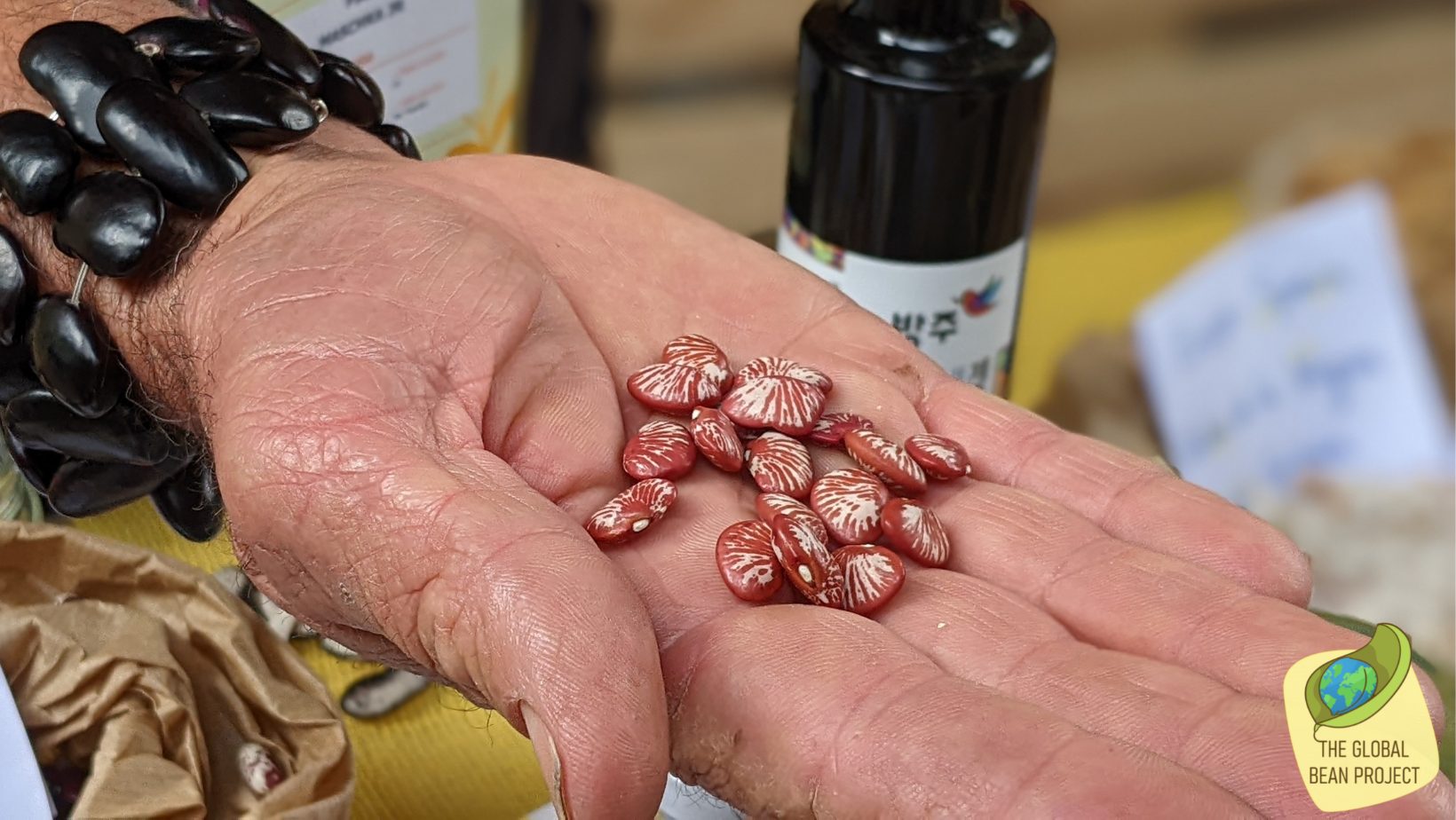Summary:
The event took place on the 16th of March 2023, from 17:00 to 18:30 CET:
The Fabaceae family is immense. Beans have been one of the most widely used crops for millennia, but not only the common bean but also the well-known lentils, peas chickpeas and faba beans have been used in the human diet as a source of plant protein in food. There are hundreds, possibly thousands of species that have been used in food and other diverse uses in humanity and many of them are greatly underutilised, some even being lost or practically unknown to the majority of the population. However, some are only used in small towns or communities scattered around the globe.
The conservation of these rare species or varieties depends on our capacity to spread knowledge and promote their cultivation as much as possible. It is the lack of knowledge about these species that has led to many of them to be catalogued as “rare“, mostly appreciated by botanists and plant collectors. Many of them are in danger of extinction in their places of origin, due to replacement by commercial options or to ancestral and cultural ignorance.
In this event, we heard about some very interesting, although not necessarily “extravagant” species, which fall into the category of ‘exotic legumes‘. We discovered some curious facts, uses and their current predicament. While many of those legumes originate in a tropical climate it is still possible to grow most of them successfully in a central European climate, which adds variety, interest and often beauty to our gardens. Some of these exotic legumes might even become more important in agriculture as our climate is changing.
Lucas Mourao, from the Brazilian Association Jaca Verde PANC told us about the concept of unconventional food plants and described some specific uses of Phaseolus beans, lablab (also called hyacinth bean) and species from the genus Vigna in Brazil.
Victor Garcia Moreno, from the Spanish organisation Semillas La Peba told us about uncommon tropical and subtropical legume species, their potential in your gardens and the ways you can use them.
Jiyoung Moon from the South Korean project Kbean introduced us to some Korean native bean species and their traditional uses.
Ekkehard Spiegel, gardener at the Global Plot Berlin shared his experiences growing some of these ‘not-so-well-known’ legumes in Berlin.
Thank you to all the participants and speakers for such a wonderful event!
The Global Bean team and partners
Registration
Registration is closed for this event.



